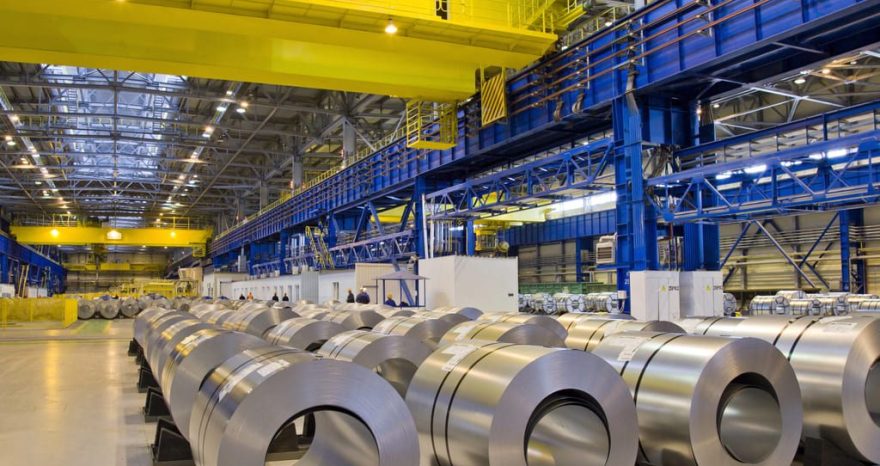A study by UCL and IISD estimates that the fossil deposits already in production and the installed capacity to generate gas and coal are sufficient to meet the global demand for energy in the mid-century. As long as governments speed up decarbonisation
No to new fossil projects “must become the new global norm”
If governments promote policies aligned to the target of 1.5 C, there will be no need for new fossil projects or new gas and coal power plants in the world to meet the demand for energy and electricity by 2050. The “transition from fossil fuels” decided last year at the COP28 in Dubai can therefore take the path of a controlled decline of the oil & gas industry.
Why can we do without new fossil projects?
It is the message at the center of a study conducted by UCL and IISD and published in Science that “completes” the warning launched in 2021 by the International Energy Agency. In outlining the trajectory compatible with 1.5 degrees, the IEA had clarified that it is necessary to immediately stop new explorations and commissioning of fossil deposits. As well as necessary, adds the study on Science, it is also possible to do so without damaging energy security and economic development.
The authors have elaborated emissive scenarios compatible with the more ambitious goal of the Paris Agreement provided by the IPCC in the latest report (AR6). Extrapolating projections to 2050 on global energy demand for oil and gas share, and global demand for electricity from gas and coal. On both fronts, the fossil reserves already productive and the installed capacity of electricity generation from gas and coal are sufficient to cover global demand in the mid-century. Provided that progress in decarbonisation and the development of renewables proceeds in line with the trajectory identified by the IPCC.
Politics should therefore recalibrate itself around a new principle: the no to new fossil projects. “The regulatory reasons for permanently eliminating fossil fuels are strong and, in some cases, it is feasible to phase out projects before the end of their economic life,” reads the study. “However, the movement should focus on a more feasible but crucial step on the road to the gradual elimination of fossil fuels: stopping the expansion of fossil fuels“.
The new president of the IPCC: “Impossible not to exceed the threshold of 1.5 degrees”
For those who advocate ambitious policy action on climate, the priority should be “to direct political and advocacy efforts towards building a global “No New Fossil” standardwhich includes the exploration and development of new fossil fuel extraction sites and the authorisation and construction of new large-scale infrastructure that uses fossil fuels,” the authors conclude.













